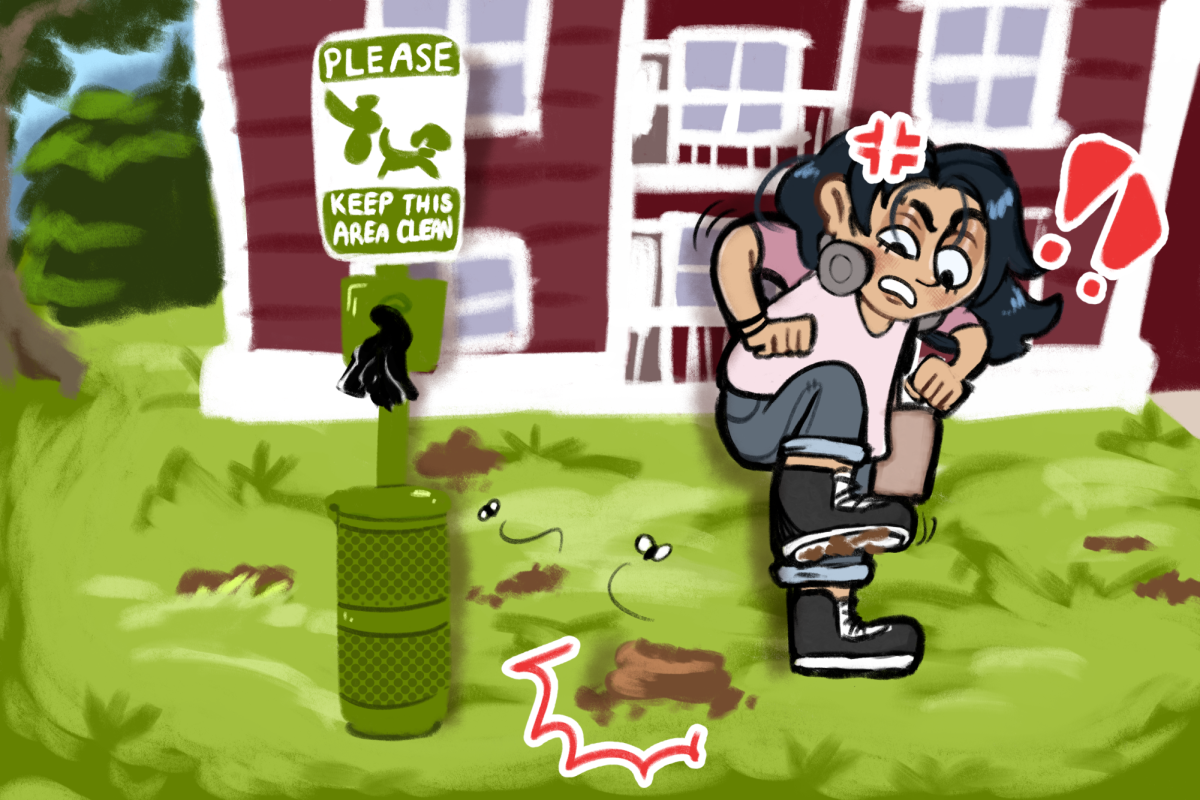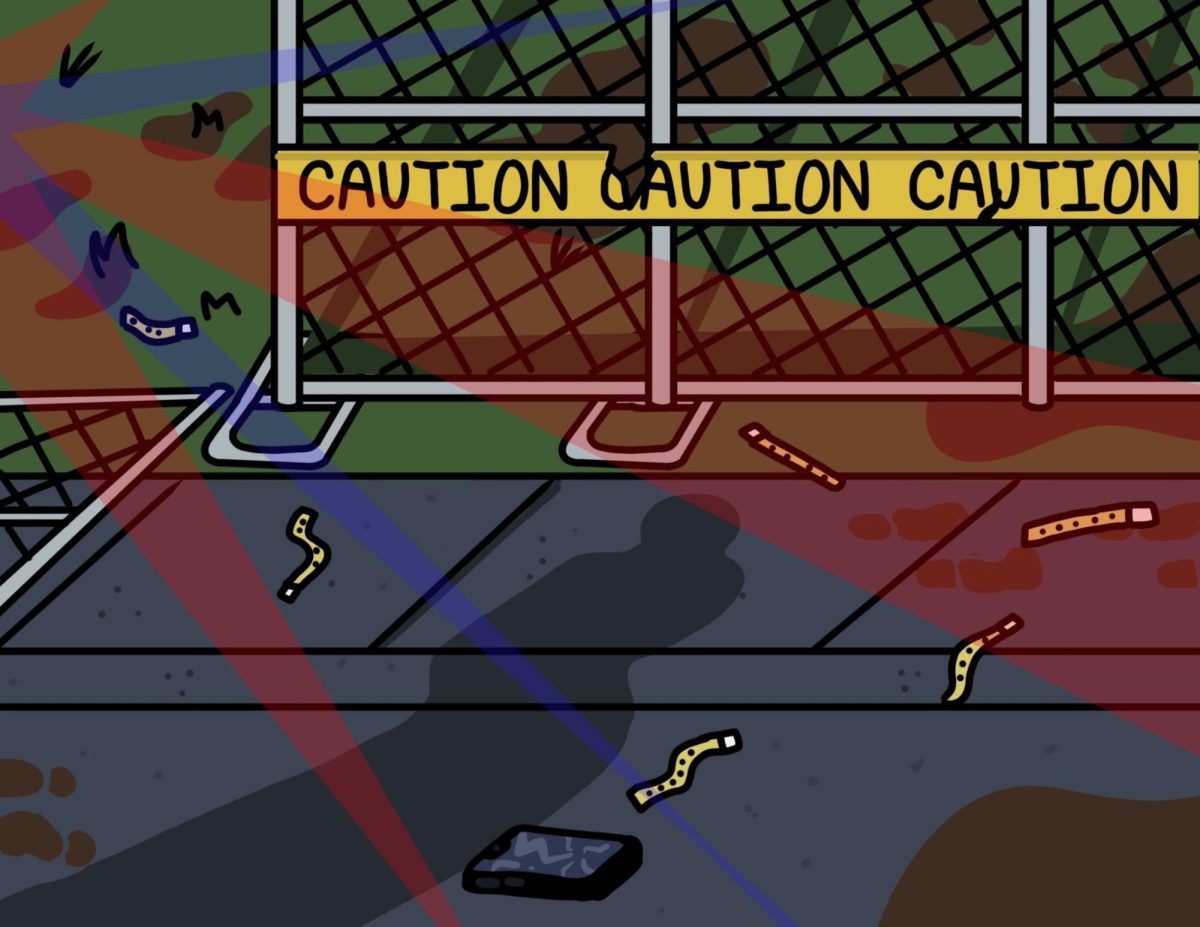After a gunman opened fire at Marjory Stoneman Douglas High School in Parkland, Fla. students from the school began a crusade against gun violence. The students featured on most media including a Time Magazine cover are primarily, Emma González, David Hogg, Cameron Kasky, Alex Wind and Jaclyn Corin. These students have begun spreading their opinions and prominently headlined the recent “March for Our Lives,” a movement for better gun control.
For those who disagree with these five individuals, it has created a conflict in how to go about criticizing the opinions of those who have experienced a major tragedy. CNN’s Don Lemon stated, “you are the bad guy” in agreement with the idea that if you criticize the rhetoric of the students you are, “the bad guy.” The difficulty in this line of thinking is that it prevents anyone from challenging the falsehoods and hateful rhetoric used by the victims without being subject to personal scrutiny.
These students have put their ideas on the open market and must be open to conflicting opinions and criticism of the persuasive methods they have chosen. While there is no need to use ad hominin attacks on the individuals, being a victim does not shield you or your opinions from being pulled apart and examined. While enduring a terrible tragedy should never be minimized, experiencing trauma does not make someone the authority on the issue. While the activism is admirable, their opinions and the way they have gone about it are not.
One of the biggest issues with the students is the falsehoods they have spread. On HLN’s “Cupp Unfiltered,” CNN’s Brian Stetler admitted that there were times he did not correct Hogg on false statements during an interview because Hogg is a victim. If these individuals are going to stand up at a podium and call for stricter gun control they are in danger of their message being tainted and cast aside as uninformed if they are not careful to stick to facts.
Another issue is the way these students have attacked those who disagree with them: NRA spokeswoman Dana Loesch, Sen. Marco Rubio, Florida Governor Rick Scott and supporters of the Second Amendment. Many of these students have engaged in the same ad hominin attacks that they themselves have not appreciated. Hogg referred to those who did not want change as “pathetic fuckers” that “could have blood from children splattered all over their faces and they wouldn’t take action because they all still see those dollar signs.”
This type of rhetoric is problematic. It insinuates not that the NRA is misguided or making poor policy decisions but that they kill kids and enjoy it. Kaskey likened looking at Sen. Marco Rubio to “(looking) down a barrel of an AR-15,” during CNN’s townhall. These types of inflammatory statements are the exact things that entrench positions and drive people from having productive discourse.
There is nothing wrong with these kids using their voices and being active but there must be some type of responsibility while doing it. Being a victim does not give someone free reign to attack those with whom they disagree, nor does it give them liberty to perpetuate falsehoods. The victims of this tragedy have a right to talk and those who disagree have a right to criticize the opinions being given. Being a victim does not make you above criticism nor does it shield you from differing opinions.
– Jordan Drake is a communications senior
Categories:
It’s ok to be critical of Parkland students
April 6, 2018
0
Donate to The University Star
Your donation will support the student journalists of Texas State University. Your contribution will allow us to purchase equipment and cover our annual website hosting costs.
More to Discover








